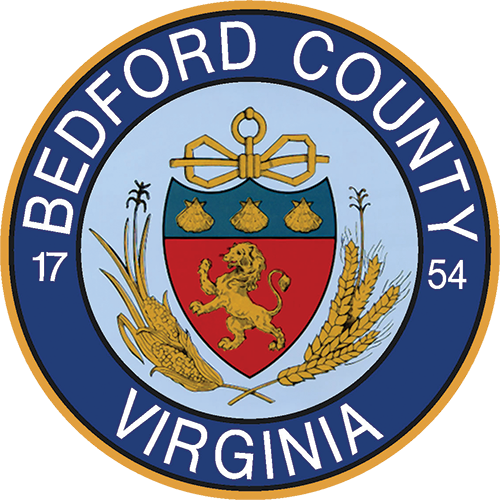Get the
Latest
Sign up for our newsletter to get the latest Bedford County Economic news straight to your inbox.
[ctct form=”7654″ show_title=”false”]
Bedford County has one of the largest participation rates for farmers using voluntary state and federal cost share programs to protect water quality by excluding livestock from surface water. These programs protect the water that all citizens depend upon. Significant investment is required to install this exclusion fencing. Farmers now have many thousands of feet of fence line and acres of stream buffers to maintain. Without adequate maintenance, vegetation, including invasive plant species, can grow into and around this fencing. Left uncontrolled, this excess vegetation can negatively impact the functionality of these fences and shorten their lifespan. There is a sizable expense in keeping these fence lines free of weeds.
To help address this need, the Bedford County Agricultural Economic Development Advisory Board sought support for a locally funded pilot program to provide cost share funds to assist farmers manage weeds in these sensitive areas. In Fiscal Year 2021 (Begins July 1, 2020) Bedford County has allocated $2,500 to this effort. The Peaks of Otter Soil and Water Conservation District has agreed to match these funds bringing the total available to establish the program to $5,000. This new program will provide a 50% cost share rebate to farmers to assist in the management of vegetation along fence lines and spot treatment of non-native invasive plants in stream buffer areas. Farmers participating in this voluntary program would be reimbursed for 50% of their expenses (up to a maximum of $125.00 per farmer) incurred to manage these weeds using herbicides recommended by the Extension Office.
Applications for the Stream Exclusion Weed Management Program will be accepted beginning July 6, 2020 and must be received in the Bedford County Extension Office by July 31, 2020.
Should you have questions about this program, or determining which of the recommended herbicides are the best option for your particular situation, please contact Scott Baker by phone 540-586-7675, or email, scbaker@vt.edu


